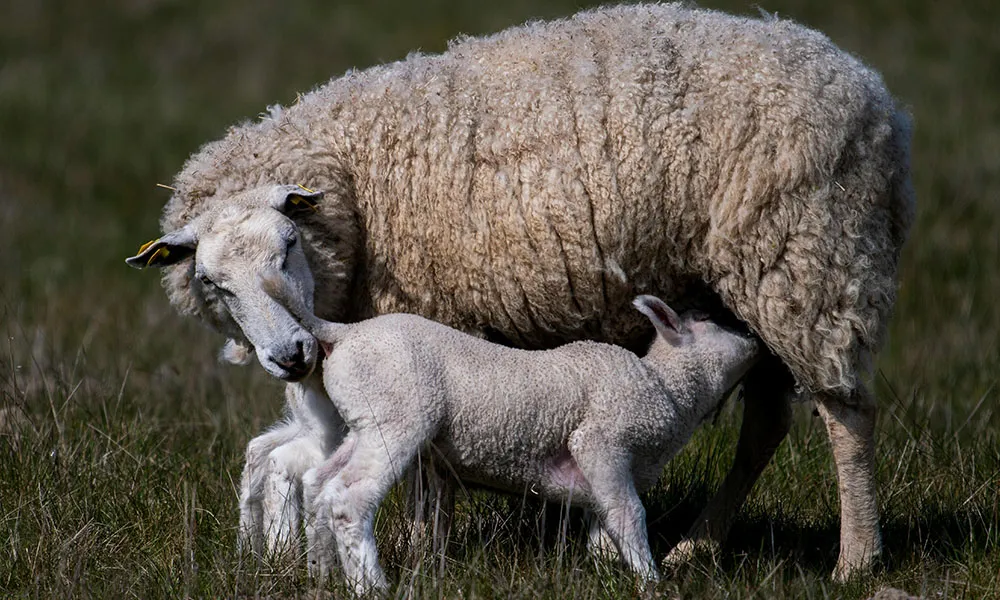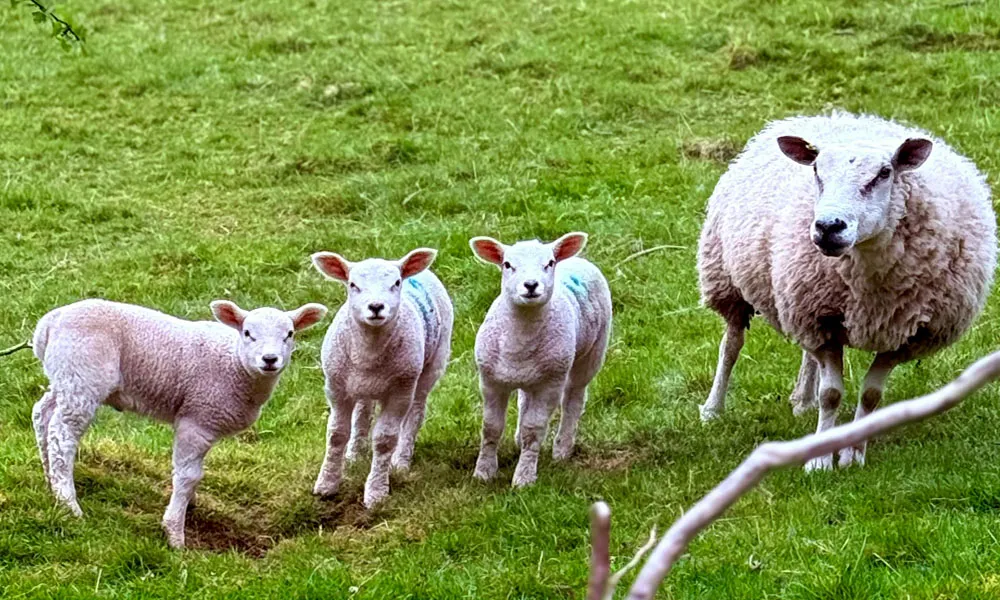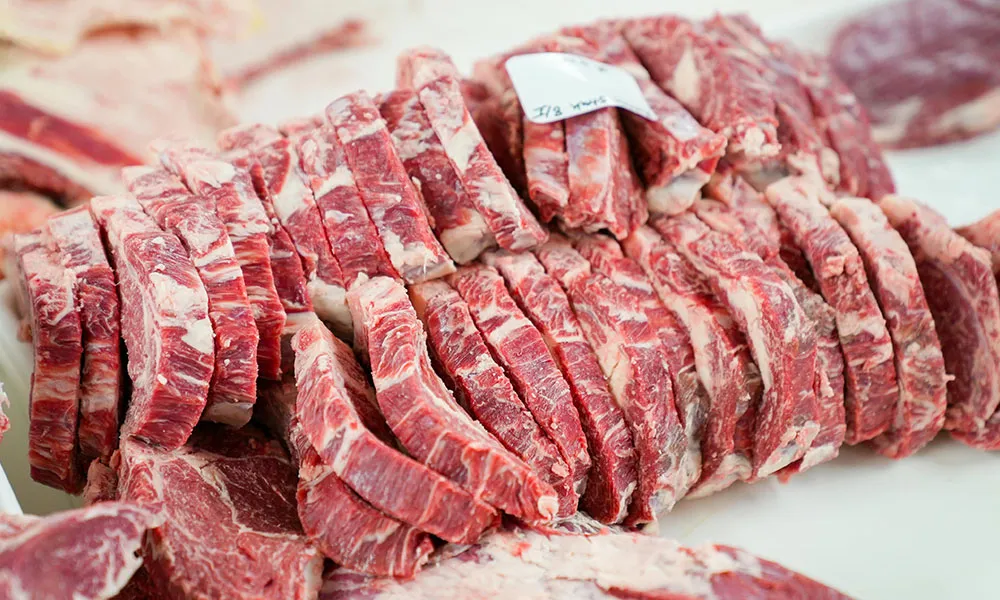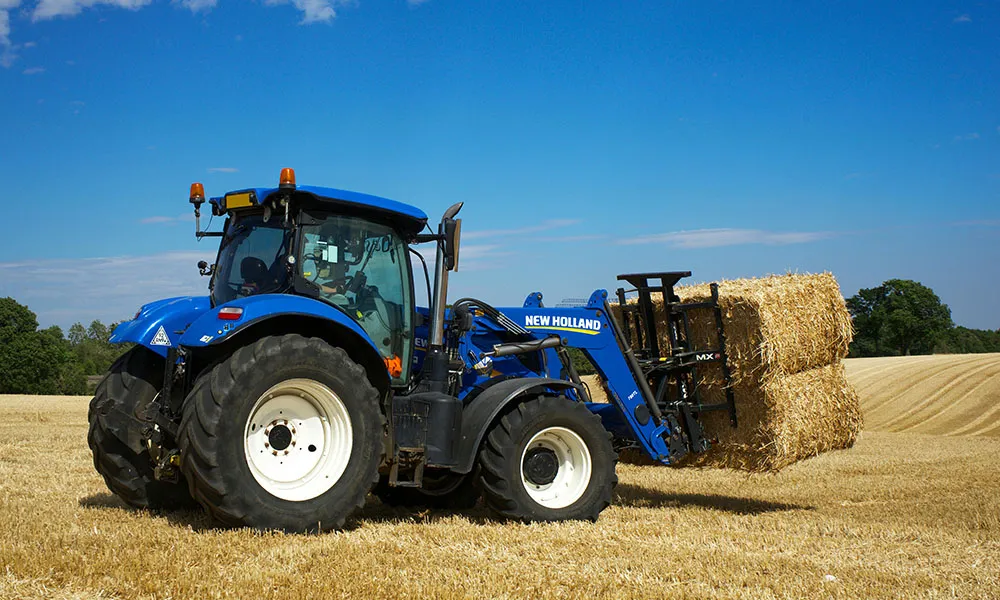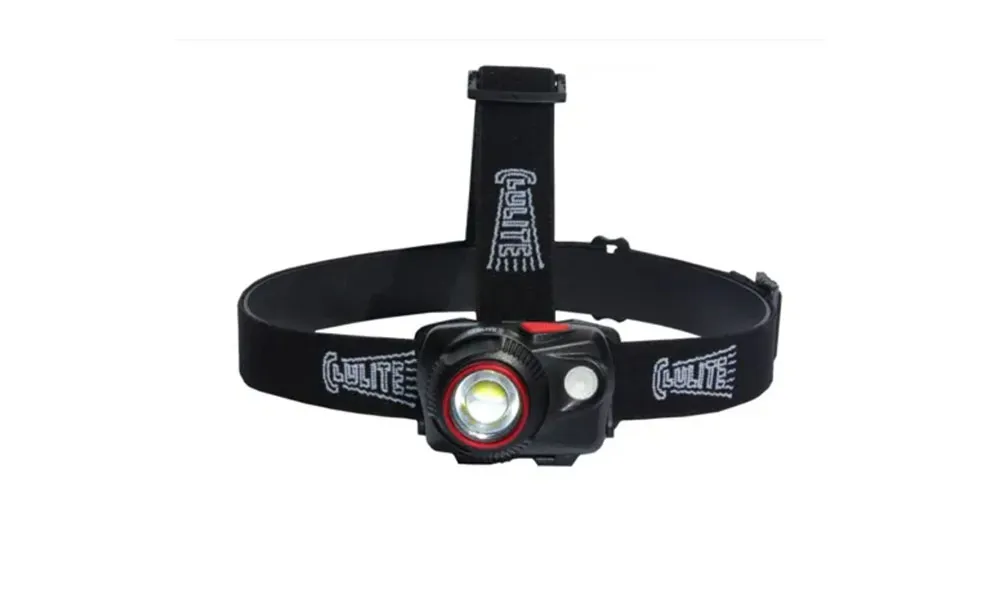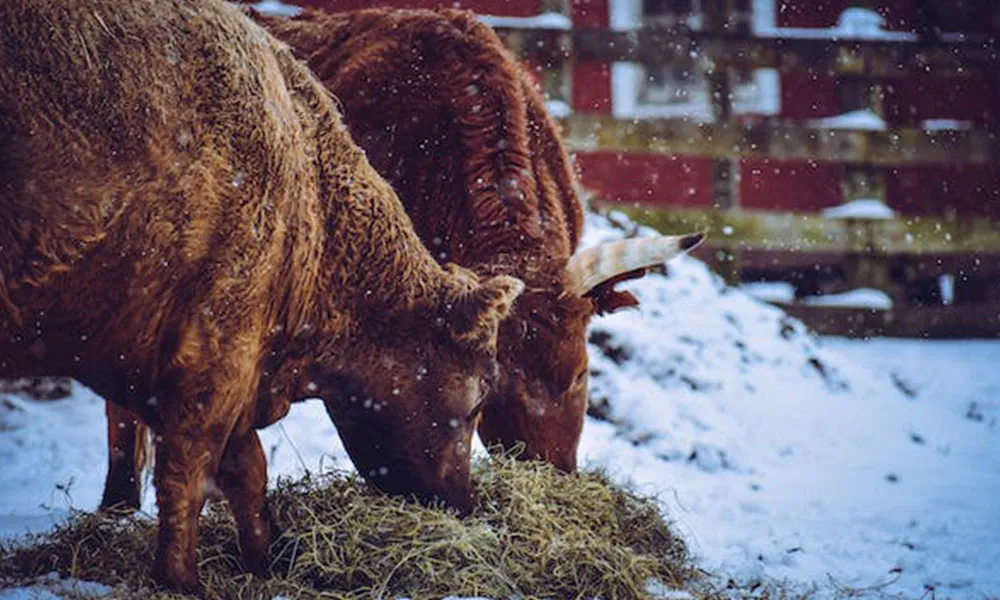
Winter safety on the farm
Winter doesn’t tend to be the most dangerous time of year on the farm. Typically, the majority of farm-related accidents and fatalities occur during the busy summer months. However, in some years there have been very high rates of winter farm accidents. In 2014, for example, 17% of the accidents for the year occurred in November and December. This figure alone should alert us to the fact that winter is not a risk-free period on the farm. Indeed, many of the farming activities largely associated with the winter months are extremely hazardous if appropriate care is not taken.
So, as we enter November, we think it is worth taking a look at some of the key farm safety measures that we should all observe over the coming months. We hope you find this useful.
Electrical safety
With limited daylight and animals indoors, we use far more electricity on our farms during the winter. For this reason, it is essential that all of our electrical installations meet the highest safety standards. The onset of winter is the ideal time to have an electrician check your installations and carry out improvements as needed.
You should make sure that residual current devices (RCDs) are in working order. An RCD is a safety device that cuts off electricity automatically if a fault occurs. You can check that your RCD is working by tripping and resetting the test button.
For a comprehensive account of electrical hazards on the farm and how to manage them, you should visit the relevant page on the ESB website.
The importance of good lighting
Here at Agridirect.ie, we always advocate for adequate lighting on farm machinery and around the farmyard. Studies indicate that appropriate lighting is essential for the maintenance of good farm safety practices. It is particularly important to ensure that all walkways and farm buildings are well illuminated when work is taking place. Blown or faulty bulbs should be replaced and clean polycarbonate covers installed at the start of winter.
Aside from providing a safer farming space, good lighting can also improve the overall security of your farm by acting as a deterrent for would-be intruders.
Farming equipment
You should ensure that all farming equipment - including machinery - is safe and secure before housing animals for the winter. If necessary, mend any damage to handling facilities, or purchase new facilities where existing ones are beyond repair. Make sure that all gates and doors have working hinges.
If there are damaged slats in your sheds, replace them before bringing animals indoors. Damaged slats are a hazard to farmer and animals alike.
If you have a slurry tank, make sure that it is well secured, fenced off and inaccessible to anyone who does not work on the farm (particularly children). Always remember that a slurry tank is an extremely dangerous facility and treat it accordingly.
Fire safety
The increase in indoor farming activities during the winter months also raises the risk of fire. Farms are full of materials that can catch fire easily, so constant vigilance is required.
Hay and straw are highly flammable substances and, for this reason, they should be stored apart from other flammable substances such as fuel, chemicals and machinery. Hay and straw should also be kept away from electrical wires, components and appliances that might catch fire. All flammable materials should be kept apart from livestock, bearing in mind that these substances could catch fire and harm animals that have no escape route.
You should also keep an eye out for areas that offer no escape route in the event of a fire, and rectify this threat.
In the event of a fire taking place on your farm, you should evacuate all persons (and animals) to a safe space and call 112 or 999 immediately.
Thanks for reading.





